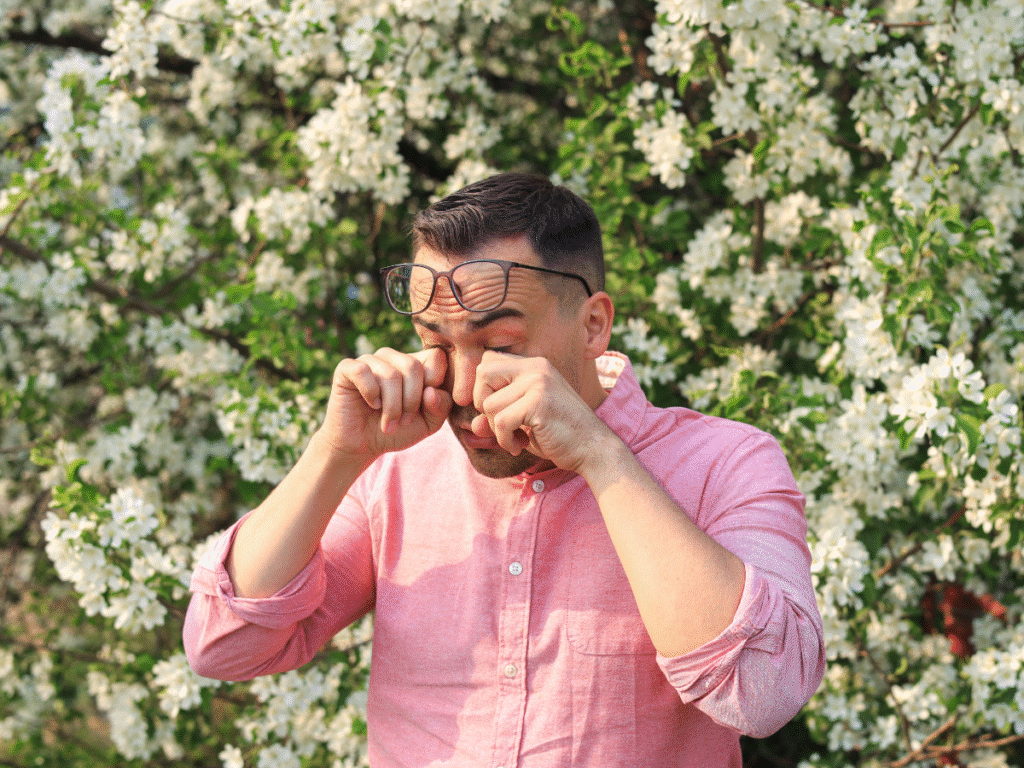
If you suffer from seasonal or year-round allergies, you’re not alone—millions of Americans battle itchy eyes, sneezing, congestion, and fatigue due to environmental allergens. For most people, the first line of defense is an over-the-counter antihistamine. But what if those medications stop working, or don’t work well at all?
At Discovery Medical Center in Huntsville, we often hear patients ask, “Are allergy shots better than taking daily meds?” The answer depends on your unique allergy profile, symptoms, and long-term goals. In this article, we’ll break down the pros and cons of allergy shots versus antihistamines to help you make an informed decision about your allergy treatment plan.
Understanding the Basics
What Are Antihistamines?
Antihistamines are medications that block the effects of histamine—a chemical your body releases during an allergic reaction. They can help reduce symptoms like:
Sneezing
Runny or stuffy nose
Itchy or watery eyes
Skin rashes
Popular brands include Claritin, Zyrtec, Allegra, and Benadryl. These are often taken once daily during allergy season, and they work quickly—usually within an hour.
What Are Allergy Shots?
Allergy shots, also known as subcutaneous immunotherapy, are a long-term treatment designed to reduce your sensitivity to allergens. The process involves regular injections of tiny amounts of the allergen to train your immune system to become less reactive over time. Treatment typically includes:
Build-up phase: 1–2 shots per week for 3–6 months
Maintenance phase: 1 shot every 2–4 weeks for 3–5 years
Head-to-Head Comparison: Antihistamines vs. Allergy Shots
Let’s break down how these two treatments compare across key areas that matter most to patients.
1. Symptom Relief Speed
Antihistamines: Work quickly—most people experience relief within 30–60 minutes. Ideal for sudden or situational allergy flares.
Allergy Shots: Take longer to show effects. Most patients start to feel significant improvement after 3–6 months of consistent treatment.
✅ Winner for quick relief: Antihistamines
2. Long-Term Effectiveness
Antihistamines: Only manage symptoms. They don’t alter the underlying immune response to allergens, meaning you’ll need to keep taking them long-term.
Allergy Shots: Modify your immune system’s response to allergens, potentially offering lasting relief even after treatment ends. Many patients enjoy reduced symptoms for years.
✅ Winner for long-term results: Allergy Shots
3. Convenience and Lifestyle Impact
Antihistamines: Easy to use—just a daily pill or tablet. Minimal disruption to your routine.
Allergy Shots: Require regular visits to the clinic, especially during the build-up phase. You’ll also need to wait in the office 20–30 minutes after each shot to monitor for reactions.
✅ Winner for ease of use: Antihistamines (short-term), but allergy shots require a bigger time investment upfront
4. Side Effects and Safety
Antihistamines: Generally well-tolerated but can cause drowsiness, dry mouth, dizziness, or increased heart rate. Older adults may be more sensitive to side effects.
Allergy Shots: Risk of local reactions (swelling, redness at the injection site) and, rarely, systemic allergic reactions like anaphylaxis—though this is extremely uncommon when administered in a controlled medical setting.
✅ Winner for fewer side effects: Tie – depends on individual response and allergy severity
5. Cost and Insurance Coverage
Antihistamines: Most are available over the counter and can be relatively inexpensive. Some may be covered under health savings accounts (HSAs) or flexible spending accounts (FSAs).
Allergy Shots: Typically covered by insurance but require multiple visits and co-pays. Over time, they may be more cost-effective if they reduce or eliminate the need for daily meds and repeated doctor visits.
✅ Winner for upfront affordability: Antihistamines
✅ Winner for potential long-term savings: Allergy Shots
When Allergy Shots Make Sense
Allergy shots are an excellent option if:
Your symptoms are moderate to severe
Over-the-counter or prescription medications don’t provide enough relief
You experience side effects from antihistamines
You want to treat the root cause, not just mask symptoms
You have multiple allergies (especially to dust, mold, pet dander, or pollen)
You want to reduce long-term medication use
Many patients in Huntsville find allergy shots especially helpful due to the region’s high pollen counts and prolonged allergy seasons.
When Antihistamines Might Be Enough
Antihistamines are a good fit if:
Your symptoms are mild or occasional
You want immediate, short-term relief
You’re not ready to commit to a multi-year immunotherapy plan
You don’t have easy access to a clinic for regular shots
They’re also helpful as a supplemental treatment alongside other therapies like nasal sprays or eye drops.
A Combination Approach: The Best of Both Worlds?
Some patients benefit from a hybrid approach. During the early stages of allergy shot therapy—when your immune system is still adjusting—it’s common to continue using antihistamines to manage symptoms. As the shots begin to work, many people find they can reduce or eliminate their need for daily medications.
At Discovery Medical Center, we help patients build customized allergy treatment plans based on their goals, health history, and test results. Whether you’re interested in trying immunotherapy for the first time or just want a better way to manage your seasonal symptoms, we’ll guide you every step of the way.
Final Thoughts: Choosing the Right Treatment for You
There’s no one-size-fits-all answer to the question of “Which is better—antihistamines or allergy shots?” Each treatment has its place, and the right choice depends on your personal situation.
If you’re tired of treating the same symptoms every year with limited success, allergy shots may offer a long-term solution worth considering. But if your symptoms are well-controlled with a daily pill, antihistamines may be all you need for now.
Get Personalized Allergy Relief in Huntsville
At Discovery Medical Center, our experienced team offers comprehensive allergy care—including testing, shots, and holistic treatment plans. We’ll help you understand your options and recommend what works best for your body and lifestyle.
📞 Call us today or book your allergy consultation online.
Let’s take the guesswork out of allergy treatment—so you can breathe easier all year long.
